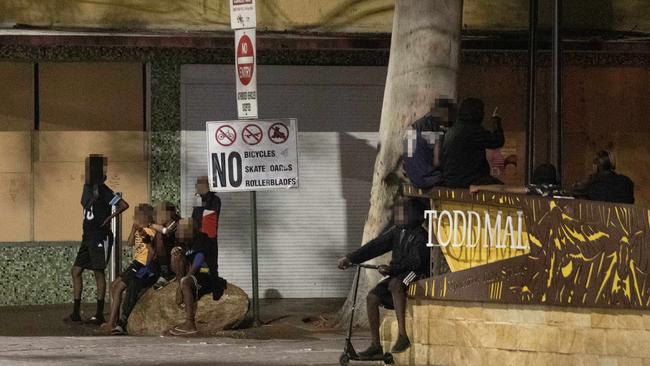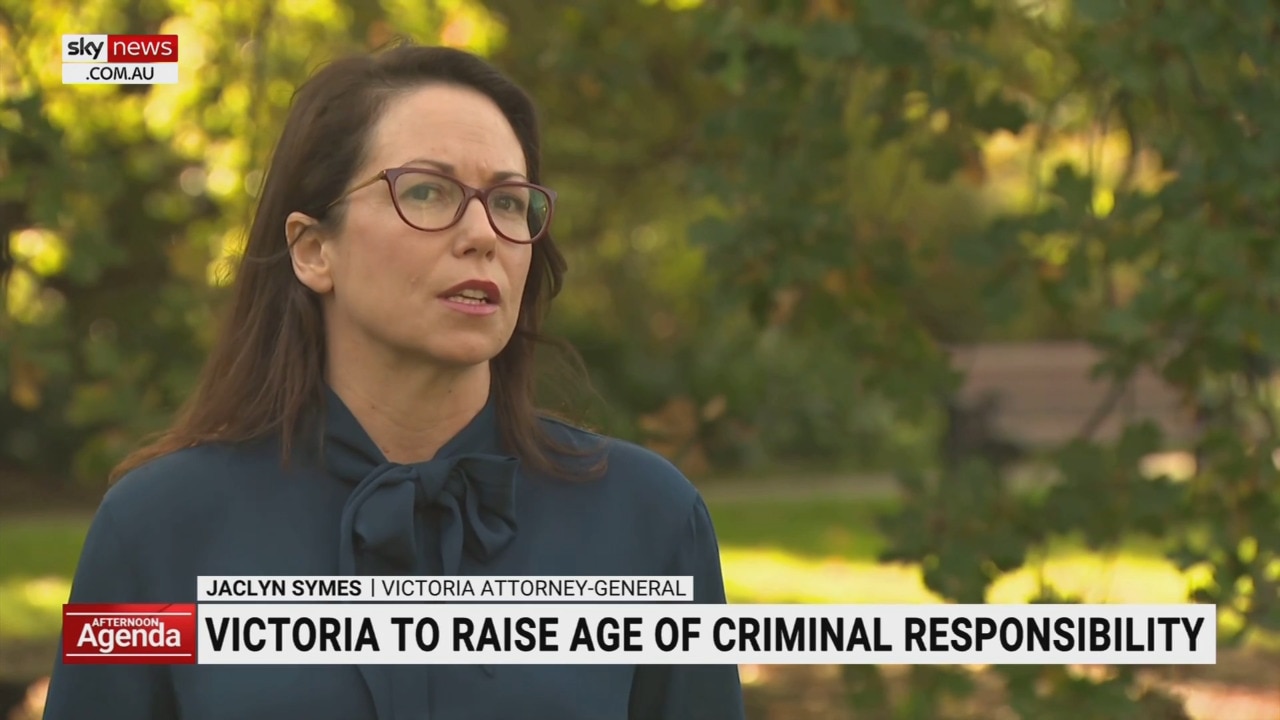Age of criminal responsibility to be investigated by National Children's Commissioner amid youth crime ‘crisis’
Youth crime is at crisis levels in several jurisdictions, says National Children's Commissioner, amid wave of violence in Alice Springs.

National Children's Commissioner Anne Hollonds has declared she will look at the age of criminal responsibility and harmonising youth justice strategies across the country as part of a major project investigating the changes needed to reduce children’s involvement in crime.
Ms Hollonds said youth crime had reached crisis levels in several jurisdictions and was an area of policy that had been “neglected” by governments.
It follows the youth crime wave in Alice Springs gaining national attention this year, with extreme violence documented across the town that in one case saw a 13-year-old boy wielding a machete in a supermarket.
Ms Hollonds revealed she had launched a project for youth justice and child wellbeing reform, with a focus on early intervention for young people who come into contact with the justice system.
The project is currently in its submission phase and will hold targeted consultation with young people before reporting to the Attorney-General with recommendations on how to improve youth justice outcomes.
“What I’m hoping to hear through the call for submissions is examples of diversionary programs and prevention efforts in local communities that are responding to what kids and families are saying in those communities that work for them,” Ms Hollonds told The Australian.
“The basic public service systems – those health, education, social services – they’re not fit for purpose for their needs. There’s a lot of room to redesign those public services by listening to kids and their families … it’s about flipping how we design these things so they’re not just organised to suit the administrative needs of governments.”
Ms Hollonds said she expected the age of criminal responsibility to form part of the review into possible reforms.

“In Australia (the age of criminal responsibility) is still 10 and we’re out of step with the rest of the developed world and out of step with the UN committee on the convention of the rights of the child that says it should be 14,” she said.
“That will be part of what we’re looking at.”
The ACT government last year became the first jurisdiction to raise the age of criminal responsibility to 14 by 2024, while Victorian last month announced there would “not be criminal consequences” for any 10 or 11-year-old child who commits a crime.
A landmark report calling for the minimum age of criminal responsibility to be lifted nationally was handed to the Council of Attorneys-General last year, but with disagreement between the states at the pace for which change should occur.
While NSW was one of the most reluctant to move, the state has since had a change in government.
Ms Hollonds said Australia needed to ensure it had a “human rights based approach” to youth justice and urged the federal government to bring jurisdictions to the table to ensure any changes would be unified across the country.
“Just like we deal with other crisis like domestic and family violence, we have a national plan and we get all states and territories to the table to work out what reform would look like, I’ve argued that youth justice because it is a crisis in several jurisdictions currently and has been for a long time, it warrants a national task force or some kind of national approach,” she said.
“I hope to come up with some principles that underpin the road map for reform. We’re really starting from the beginning because there is no approach to youth justice. This is an area of policy that has been neglected and it’s complicated but we’ve allowed complexity to now be a barrier to proper reform across the country.”
Submissions to the youth justice and child wellbeing reform project can be made here.




To join the conversation, please log in. Don't have an account? Register
Join the conversation, you are commenting as Logout